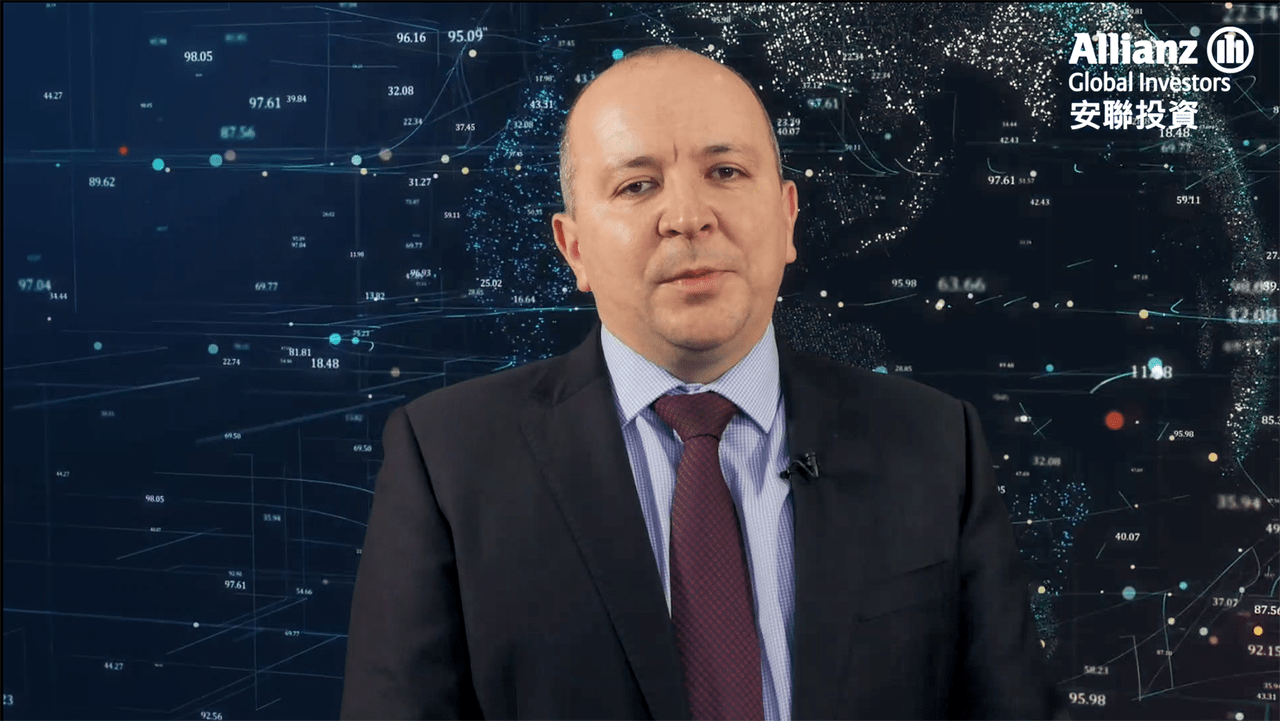Five ways the coronavirus could change how we think about sustainability

Summary
The coronavirus pandemic has highlighted core sustainability issues such as income inequality, poor healthcare and complex supply chains. As a result, sustainability is likely to become increasingly integral to asset managers’ investment processes and risk analysis. Here are five ways we think the crisis will affect investors.
Key takeaways
|
The coronavirus pandemic has rallied a remarkable response from governments, non-governmental organisations (NGOs), businesses, healthcare professionals and citizens. Arguably, this period of crisis has also exposed vulnerabilities in our economies and the systems on which we all rely. Looking ahead, we think investors will increasingly use sustainability as a lens to highlight major global risks and test the resilience of businesses and systems. Environmental, social and governance (ESG) factors will become even more important to assess the ability of both corporations and governments to weather a crisis of this scale. Our sustainability team has identified five ways in which this crisis may change the priorities for businesses – and investors.
> downloadSRI strategies in times of crisis







People may seek out greater financial security and better access to healthcare
The coronavirus crisis has shown people just how quickly their lives can be turned upside-down, and how powerless they can be in the face of these challenges. Many citizens are experiencing a sudden loss of ability to earn an income, which may lead to a greater emphasis on insurance, investments and rainy-day savings. The outbreak has also demonstrated the fragility of life, which could lead people to focus more on healthy living and the importance of a good healthcare system.
Until now, some pressing healthcare issues have gone unaddressed because of concerns about high costs. But in the aftermath of this crisis, societies will likely demand that their governments sustain a suitable healthcare model. Governments will, in turn, ask their societies for support, both financially and through changes in behaviour, such as healthier food choices, a greater focus on hygiene and increased exercise. Regardless of how these behavioural changes manifest themselves, we think healthcare systems will become increasingly important in daily life, and we expect people will demand better access to high-quality care.
Supply chains could shorten; remote working could become the norm
Many international companies were already rethinking the geographic footprint of their production processes and adopting more local supply chains, partly due to geopolitical tensions. The coronavirus outbreak is likely to accelerate this process, fuelling the trend towards simpler supply chains that are easier for firms to control. As companies grow more “local”, they may also place a stronger emphasis on community relations, which should encourage more responsible behaviour and sustainable practices that will enhance brand value and customer loyalty.
Furthermore, companies will want to show how they will cope with similar events in the future. They may seek to formalise the infrastructure needed for employees to work and collaborate from home and serve clients without meeting face-to-face. The recognition that much commercial activity, socialising and learning can be carried out remotely should help those businesses that support these activities; tourism may also be affected. While there’s likely to be demand for improved “virtual” collaboration tools, companies will want to double down on cybersecurity and data security as even more of our lives move online.
Human capital management, labour relations and client centricity are likely to come to the fore
Organisations are likely to be judged by the way they treat employees during the crisis, particularly businesses that have taken advantage of government financial support. Issues related to job security and terms of employment (eg, pay, protections and benefits including healthcare) will come under scrutiny, and it will be relatively easy to compare the approaches of different companies. Those that fail to meet the mark could suffer long-lasting reputational damage, deterring customers and investors. Furthermore, they could struggle with employee motivation and commitment.
While consumer behaviour may not be fundamentally changed by the crisis, companies that are taking proactive steps to support their customers and maintain relationships could be the most resilient post-crisis. The long-term trend of consumers supporting local businesses, higher-quality localised brands, local sourcing and production closer to home is likely to accelerate as people realise that a reduced and more focused spending approach is viable.
Corporate governance will come under extensive scrutiny
We expect to see a greater focus on how companies allocate capital. This will have implications for the use of excess capital mechanisms (eg, share buybacks and dividends) as well as how management performance is measured, assessed and remunerated. Investors will likely want to consider companies’ approaches on a case-by-case basis, while recognising that any suspension or reduction in dividend payments (for example) would also hurt pension savers, policy holders and other retail investors.
Director responsibilities are likely to undergo scrutiny, including how the interests of employees, suppliers, customers and other important stakeholders were considered in the company’s response to the crisis. We expect to see a sharper focus on the role of business in society, and an emphasis on prioritising all of a company’s stakeholders – not just shareholders. On a more day-to-day level, companies will likely review key performance indicators and other incentive targets to ensure that executive rewards reflect stakeholder experience.
Any backsliding on environmental issues will be short-lived
Environmental and climate issues may initially take a back seat as countries prioritise economic recovery in the immediate aftermath of the crisis. However, these topics – which have dominated investors’ agenda in recent years – are likely to return to the top of the agenda before long. The environmental benefits of the slowdown in economic activity – such as cleaner air, cleaner water and less traffic – will be calculated, quantified and publicised. We expect this data will provide incentives for governments and businesses to develop strategies to reduce the environmental impact of economic activity.
The crisis and the subsequent spike in government debt will likely delay the European Union’s Green Deal as countries prioritise economic recovery, particularly those with historically high debt levels going into the crisis. However, there is a strong probability that the coronavirus outbreak could usher in a wave of green investments, as many countries have already made zero-carbon pledges and will likely make post-crisis investments in infrastructure and public services with green factors in mind. For example, there is a growing consensus in the US around a multi-trillion-dollar infrastructure stimulus plan that would likely include environmentally friendly provisions such as improving the supply and efficiency of the water system and building up the renewable energy infrastructure.
The global response to the coronavirus shows that governments can respond resolutely and forcefully when facing an existential threat. Citizens will likely demand the same concerted effort to address climate change.